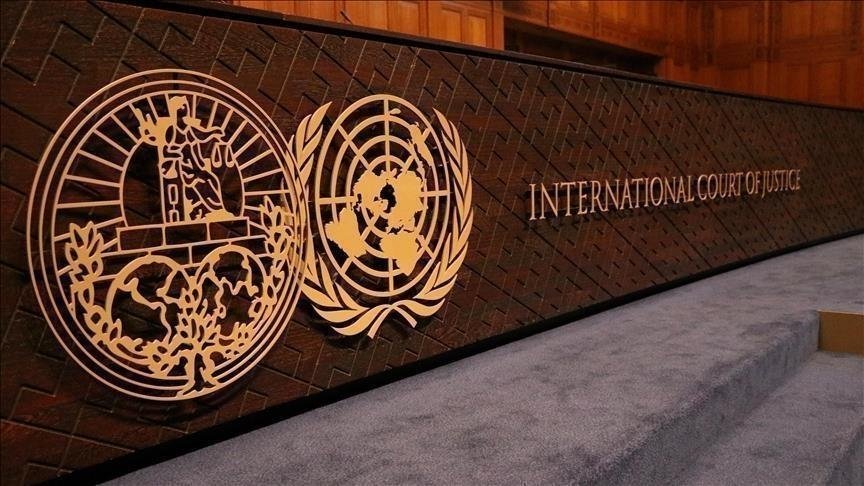The International Court of Justice is the principal judicial body of the United Nations. Known as the World Court, it plays a vital role in resolving legal disputes between countries and giving advisory opinions on important legal questions. Established in 1945 by the United Nations Charter, the ICJ began its work in 1946 and is based in the Peace Palace in The Hague, Netherlands. It replaced the earlier Permanent Court of International Justice, reflecting the world’s commitment to peaceful dispute resolution after World War II.
The main purpose of the International Court of Justice is to settle disagreements brought by states. These disputes often involve issues such as territorial boundaries, diplomatic relations, and treaty interpretations. The ICJ’s rulings are binding on the parties involved, meaning countries are legally obliged to follow the decisions. The court also issues advisory opinions, which are legal advice requested by the United Nations General Assembly, Security Council, or other UN agencies. While these advisory opinions are not binding, they carry significant moral and legal weight, influencing international law and global diplomacy.
The ICJ is made up of 15 judges who serve nine-year terms. Judges are elected by the UN General Assembly and Security Council, ensuring they represent a wide range of legal systems and cultures worldwide. No two judges can come from the same country, maintaining a balance of perspectives and expertise. This diversity helps the court address complex international issues fairly and objectively.
The court’s jurisdiction depends on the consent of the countries involved. States must agree to bring their disputes to the ICJ or accept its jurisdiction through treaties or special agreements. This voluntary nature means the ICJ cannot force any country to participate. However, many countries recognize the importance of the court in maintaining peace and follow its rulings. The ICJ hears a variety of cases, including those about territorial disputes, maritime boundaries, sovereignty issues, treaty violations, and even environmental conflicts. It has dealt with important cases such as the maritime boundary dispute between Nigeria and Cameroon and legal questions related to nuclear testing.
One of the court’s strengths is its ability to promote peaceful conflict resolution. By providing a legal platform, the ICJ helps avoid wars and encourages diplomatic solutions. The court’s decisions often shape international law and set important precedents for future cases. Despite this, the ICJ faces challenges. Since it relies on the cooperation of states for enforcement, some powerful countries may ignore or reject rulings they do not agree with. This limits the court’s effectiveness in some situations.
It is important to distinguish the International Court of Justice from the International Criminal Court. While the ICJ resolves disputes between states, the ICC prosecutes individuals accused of crimes like genocide, war crimes, and crimes against humanity. Both courts contribute to international justice but operate in different areas of international law.
Throughout its history, the International Court of Justice has been a symbol of the international community’s efforts to uphold law and order. Its work supports the United Nations’ broader mission of maintaining international peace and security. The ICJ continues to hear cases and provide legal guidance on pressing global issues, helping to build a more just and peaceful world.







